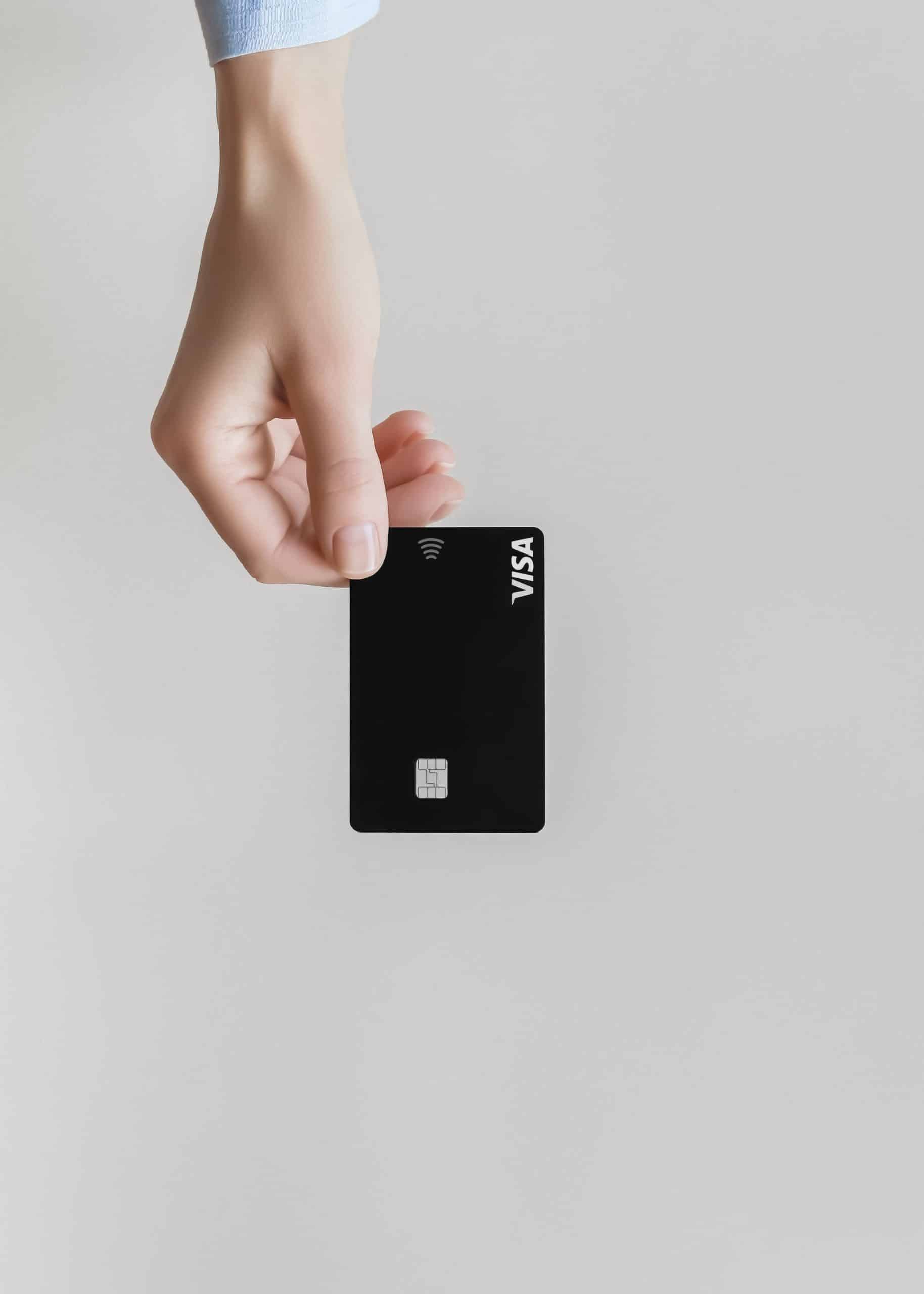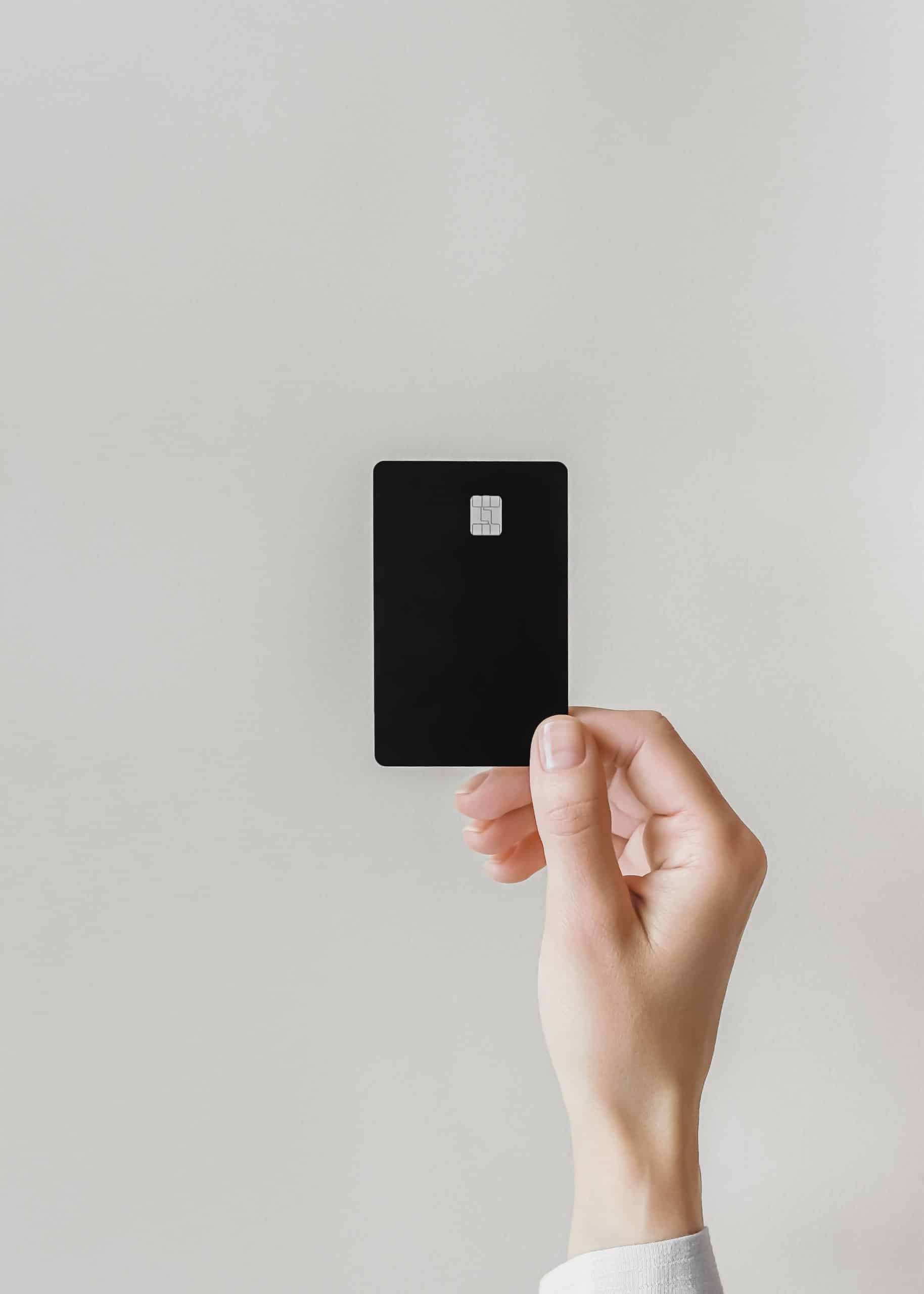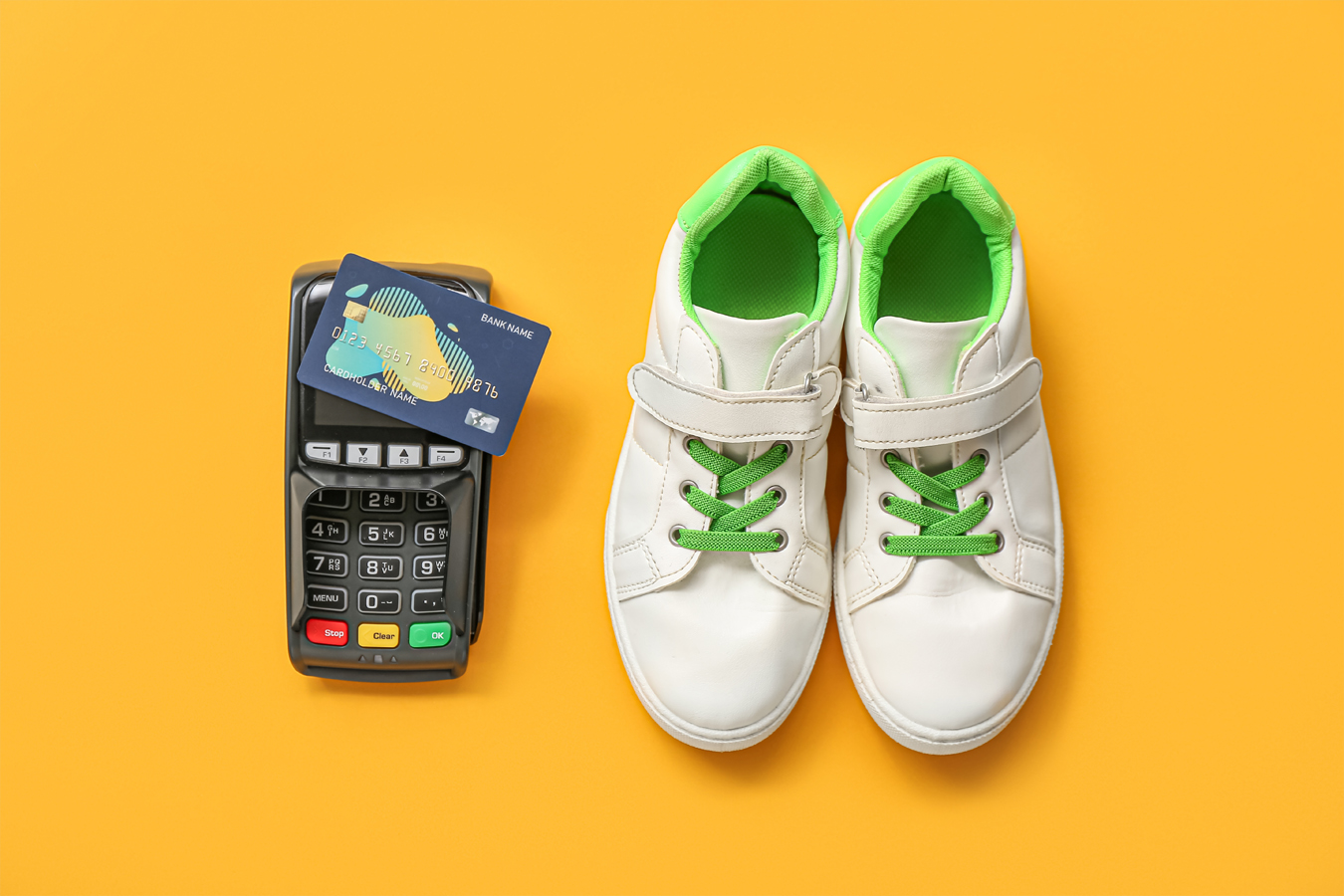Your teen can get started building credit the right way. It’s simple, so don’t mess this up!
Managing your finances is arguably the most important part of adulthood. One significant factor in your financial future is your credit score. Whether you’re planning to apply for loans, rent an apartment, or buy a car, building a solid credit history is important. But how do you get started? Here’s a simple guide on how to begin building credit.
1. Understand What Credit Is
Credit is the ability to borrow money and pay it back over time. Your credit score is a number that reflects how well you manage borrowed money. It ranges from 300 to 850, and the higher your score, the more financially trustworthy you appear to lenders. Having good credit can help you get lower interest rates, qualify for loans, and secure housing.
2. Start with a Credit Card
One of the most common ways to start building credit is by getting a credit card. You can apply for your own credit card once you turn 18, but without a credit history you have a limited choice of credit cards.

Consider becoming an authorized user on a parent’s (or really anyone’s) credit card account. You can do this even if you’re under 18 (parents, do this for your kids.) Your parents don’t have to give you the card but the account’s positive payment history will help boost your credit score, as long as your parents make timely payments. Make sure to only become an authorized user on cards that are paid in full and only 30% of the available credit is utilized.
You can also check here for cards that are likely to approve you, even without a credit history. Typically a student card will approve you without a credit score.
3. Use Credit Responsibly
Once you have a credit card use it wisely.
Here are a few tips:
- Spend only what you can afford to pay off. Avoid using credit for purchases you can’t pay back in full each month.
- Pay on time, every time. Payment history accounts for 35% of your credit score, so missing even one payment can have a significant negative impact.
- Don’t max out your card. Aim to use less than 30% of your credit limit at any time. Keeping your balance low is an important factor in building your credit score.

4. Consider Other Ways to Build Credit
Credit cards aren’t the only way to build credit. Student loans, for example, are often a good way to build credit while financing your education. As long as you make timely payments, student loans will contribute positively to your credit history. Of course it is never worth it to take out a loan just to improve your credit.
You can also look into other options like paying for a cell phone or utility bill in your name. Some companies report your payments to the credit bureaus, which can help build your credit score.
5. Monitor Your Credit Regularly
Once you’ve started building credit, it’s important to keep track of your progress. Check your credit score regularly to ensure it’s improving and to spot any issues that could harm your credit. Many services offer free access to your credit score and report. Sign up for something like Credit Karma. Regularly review your credit report to ensure there are no mistakes or fraudulent activities.
6. Don’t Open Too Many Accounts at Once
It can be tempting to sign up for multiple credit cards, but opening too many accounts in a short time can negatively affect your credit score. Each time you apply for a credit card, a hard inquiry is made on your credit report, and multiple inquiries within a short period can signal to lenders that you may be a riskier borrower.

Focus on one or two accounts, using them responsibly, and building a strong credit history over time.
Building a good credit score doesn’t happen overnight. It can take time to build a solid credit history. The key is consistency – making payments on time, keeping your balances low, and being mindful of your spending habits.
What’s a good score?
Your credit score can go up and down, depending on your lifestyle and the choices you make. Sometimes, like after you take out a mortgage, your score will be lowered temporarily. However, here’s a quick frame of reference:
580 to 669 are considered fair
670 to 739 are considered good
740 to 799 are considered very good
800 and up are considered excellent.




Leave a Reply